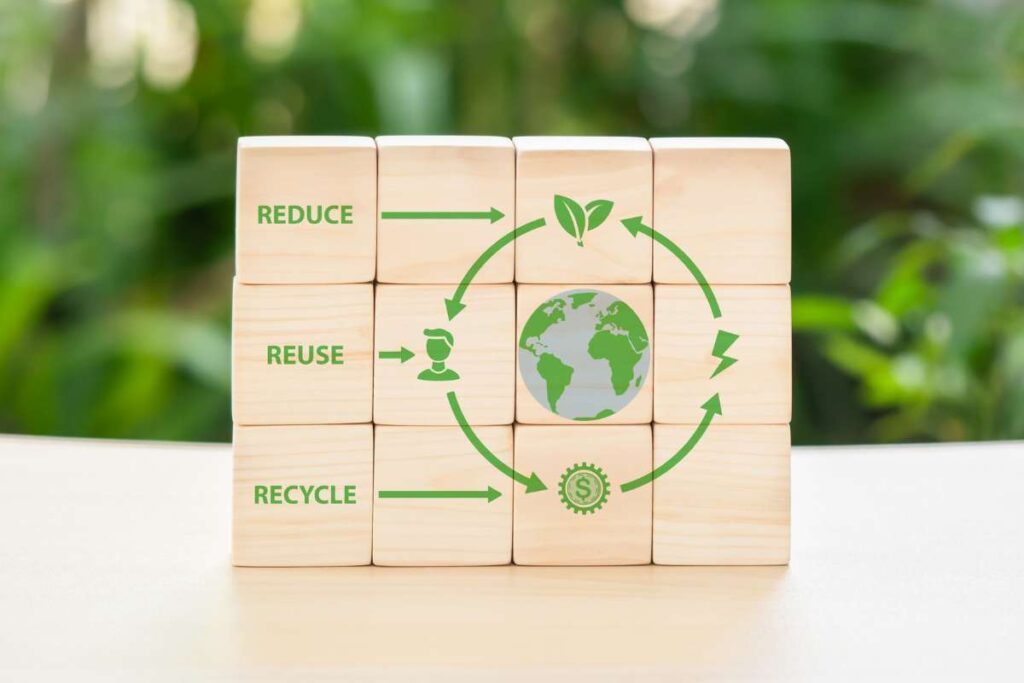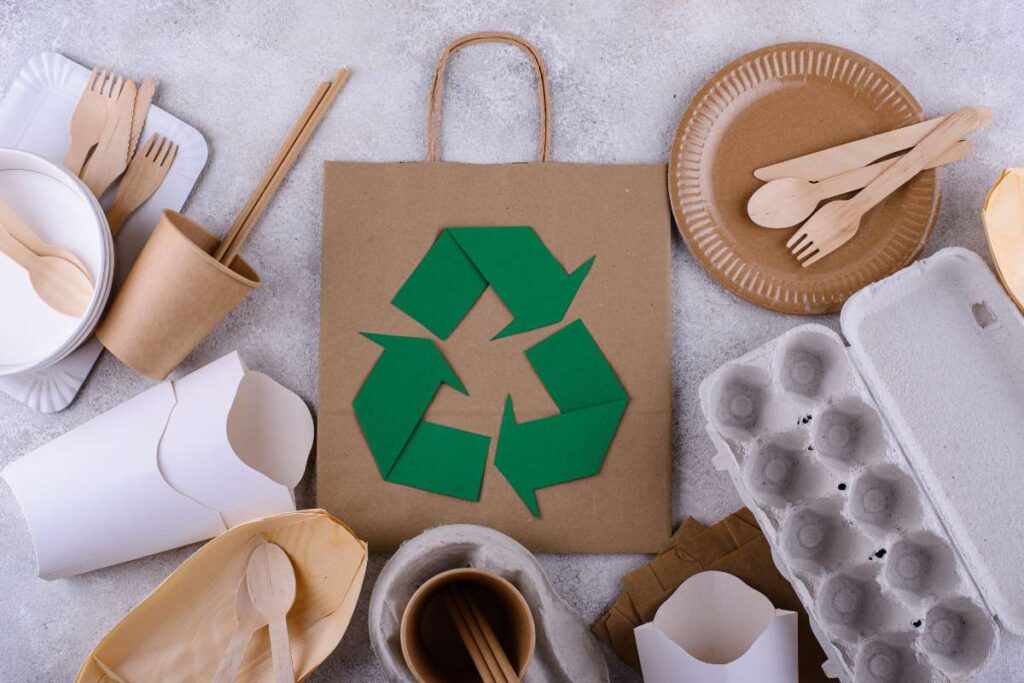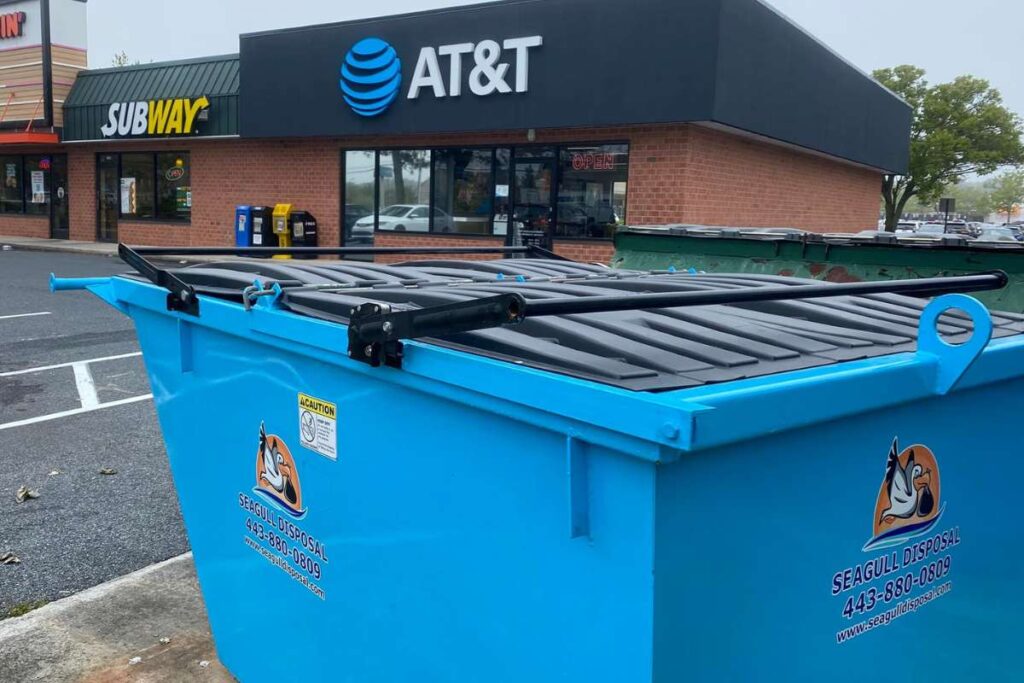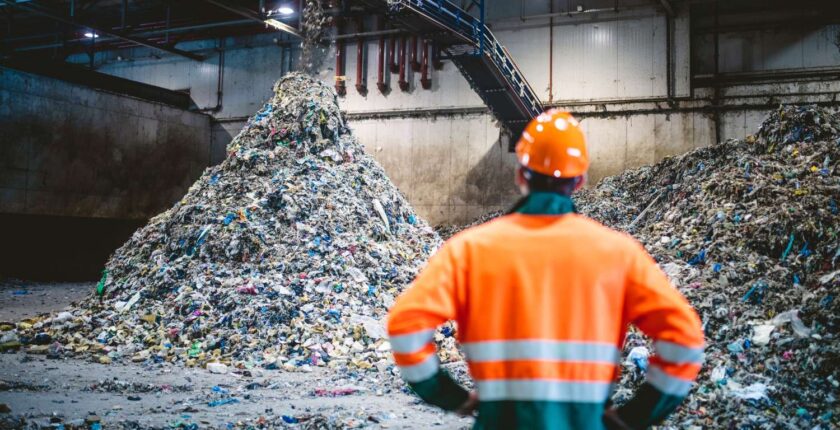Waste Reduction Strategies: How Businesses Can Minimize Their Footprint
The global push for sustainability is more prominent now than ever, and businesses are at the forefront of this movement. With a growing awareness of environmental issues, companies are recognizing the importance of minimizing their environmental impact.
Sustainability is a demand from consumers and stakeholders alike. Businesses are increasingly expected to align with sustainable practices, and this often starts with effective waste reduction. By adopting eco-friendly initiatives, companies can contribute positively to the environment and enhance their brand reputation and customer loyalty.
We will detail some practical strategies and industry best practices that businesses can adopt to reduce waste. We will explore how optimizing operations can lead to significant environmental benefits and contribute to a greener, more sustainable future.
Why It’s Important To Evaluate Your Business Waste Footprint
Understanding your business’s waste footprint is critical to reducing environmental impact. It’s about knowing what waste your business generates and how it’s managed. This initial evaluation is essential to identify key areas where waste reduction can be most effective.
Mapping out your business waste involves looking at every aspect of your operations. It’s essential to understand not just the volume of waste but also its types and sources. This comprehensive overview is the foundation of a successful waste reduction plan.
10 Waste Reduction Strategies For Businesses
No single strategy fits all when it comes to waste reduction in business. Each company has its unique challenges and opportunities in minimizing waste. However, any effort towards waste reduction is crucial, benefiting the environment and the business through cost savings and improved operational efficiencies. A few key waste reduction tips to follow include:
1. Embrace a Circular Economy Approach
Moving from a linear to a circular economy is a significant stride in waste reduction. This approach focuses on recycling, reusing, and reducing waste right from the production stage. By designing products and processes with sustainability in mind, businesses can minimize waste and conserve resources.

Implementing closed-loop systems is key in transitioning to a circular economy. This means designing products and processes to reuse or recycle materials at the end of their life cycle. It’s about finding ways to extend the life of products and materials.
2. Efficient Resource Management
Optimizing resource use is crucial for businesses looking to reduce waste. Efficient procurement and production processes not only minimize waste but also cut costs. It’s about using resources more judiciously, reducing excess, and maximizing efficiency.
Choosing suppliers committed to sustainable practices is another important aspect of resource management. Look for suppliers who prioritize eco-friendly sourcing and packaging. Partnering with like-minded businesses can amplify your waste reduction efforts and create a more sustainable supply chain.
3. Employee Training and Awareness
Educating employees on waste reduction goals and best practices is essential. It’s about building a culture of sustainability within the organization where every team member understands their role in minimizing waste. Employee engagement in sustainability initiatives can drive significant change.d
Encouraging a culture of sustainability means making waste reduction a collective responsibility. Regular training sessions, workshops, and internal communications can keep employees informed and motivated.
4. Invest in Sustainable Packaging
Choosing eco-friendly packaging is a significant step in waste reduction. Opt for materials that are recyclable, compostable, or made from recycled content. These choices not only reduce waste but also resonate with environmentally conscious consumers.

Minimizing excess packaging is another way to reduce waste. Assess your packaging needs and eliminate unnecessary layers or materials. Streamlined packaging reduces waste and can lead to cost savings in materials and shipping.
5. Implement a Waste Segregation System
A proper waste segregation system is essential for effective waste management. Set up clearly labeled bins for recyclables, compostables, and landfill waste. This helps ensure that waste is disposed of in the most environmentally friendly manner possible.
Encouraging proper waste sorting requires informative signage and employee training. Make it easy for employees to participate by placing bins in convenient locations and providing clear guidelines. Effective waste segregation can significantly increase recycling rates and reduce landfill waste.
6. Explore Renewable Energy Sources
Transitioning to renewable energy sources can significantly reduce a business’s environmental footprint. Using clean energy sources like solar or wind power reduces reliance on fossil fuels and cuts greenhouse gas emissions. It’s a long-term investment in both the planet and your business’s sustainability.
Investing in renewable energy technologies like solar panels or wind turbines can have numerous benefits. In addition to environmental advantages, renewable energy can offer cost savings over time and improve your business’s reputation as a green leader.
7. Collaborate with Sustainable Suppliers
Partnering with sustainable suppliers is a powerful way to amplify your waste reduction efforts. Source products and services from companies that demonstrate a strong commitment to environmental responsibility. This collaboration can help ensure that your entire supply chain is aligned with your sustainability goals.
Building partnerships with vendors who share your sustainability values is crucial. It creates a network of businesses all working towards a common goal of reducing environmental impact. These collaborations can lead to innovative solutions and shared best practices.
8. Take Advantage Of A Waste Audit
Conducting a waste audit is critical in understanding your business’s waste generation. It involves assessing the types and quantities of waste produced and identifying areas for improvement. A thorough waste audit can reveal surprising insights into how and where your business can reduce waste.
Seagull Disposal offers a free waste audit to all their business customers. This service is invaluable in helping businesses understand their waste and carbon footprint and discover opportunities for waste reduction.
9. Right-Size Commercial Containers
Choosing the right size commercial container for your business’s waste needs is essential. Overcapacity can lead to unnecessary costs, while under capacity can result in overflow and additional pickups. Leveraging Seagull Disposal’s expertise can help you find the perfect balance.

Right-sizing your commercial containers is about enhancing your overall waste management efficiency. Seagull Disposal can guide you in selecting the ideal container size, ensuring that you become one of the top companies reducing waste in your industry.
10. Continuous Monitoring and Improvement
Regularly monitoring your waste reduction initiatives is key to their success. Track key performance indicators to understand the impact of your efforts. This data-driven approach helps identify what’s working and what needs adjustment.
Implementing continuous improvement strategies based on data and feedback ensures that your waste reduction efforts remain effective over time. Continuously refining your approach allows you to adapt to changing circumstances and maintain a strong commitment to sustainability.
How Seagull Disposal Helps Your Business Reduce Your Environmental Impact
Evaluating your business’s environmental impact and implementing a waste reduction plan can be beneficial for both the planet and your business. Reducing waste conserves resources and can lead to cost savings and improved operational efficiencies.
Seagull Disposal offers a variety of services to help businesses manage their waste more efficiently. From Waste Audits to compactors and commercial dumpsters, we provide tailored solutions to meet your specific needs.Do you want to reduce your business’s environmental impact? Contact Seagull Disposal today at (443) 880-0809 to order a commercial dumpster. Explore our services at Seagull Disposal and contact us to learn more about how we can help your business achieve its waste reduction goals.

